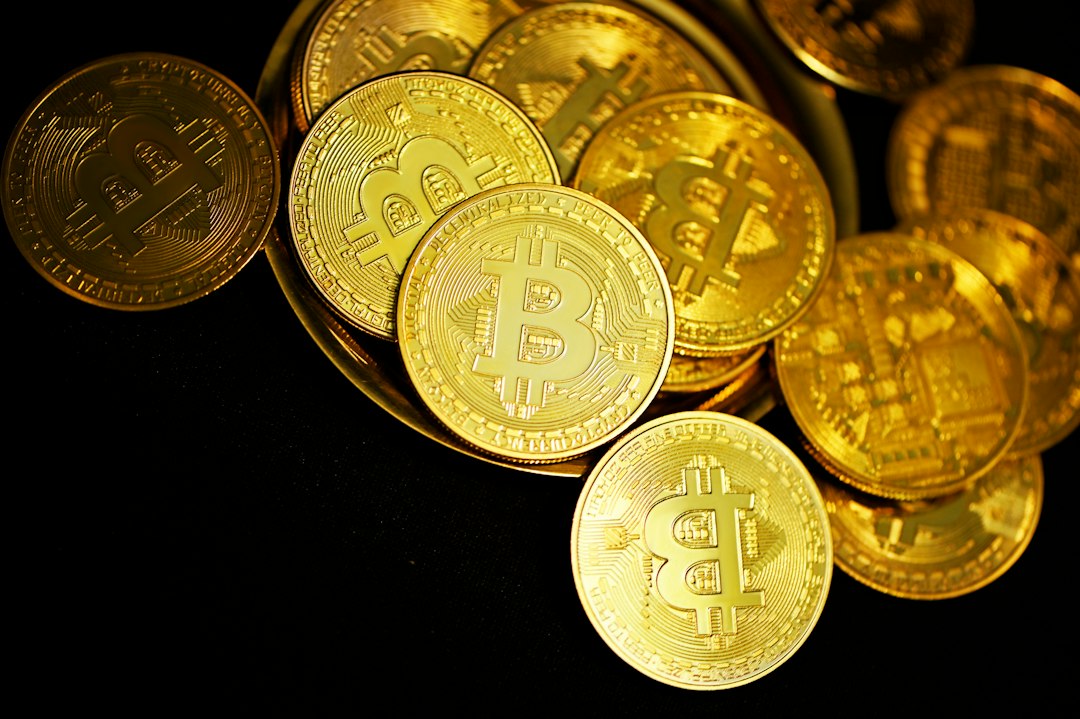Ocean Bitcoin Mining Pool Filters Ordinal Transactions
Ocean, a Bitcoin mining pool that recently raised $6.2 million in a seed funding round led by former Twitter CEO Jack Dorsey, is currently applying a filter that affects Ordinal-related transactions. The pool is using Knots, a Bitcoin node known for its filtering policies, to exclude certain Bitcoin Ordinal transactions.
Giacomo Zucco, a bitcoiner and participant in the conference where Ocean was relaunched, confirmed that the pool is currently employing various filtering policies to exclude what he referred to as “spam.” He stated that the filtering is done to prevent the creation of templates filled with undesirable content.
Confirmation by Ocean’s Bitcoin Mechanic
Ocean’s Bitcoin Mechanic also acknowledged the filtering of inscription spam, emphasizing that the pool will continue to implement this filtering. They encouraged those who are bothered by this filtering to mine with other pools instead.
Issue Raised by Checksum0
The issue of the filtering was initially raised by checksum0, co-founder and CTO at Pow.re, when he observed that high-value transactions were being excluded, resulting in additional fees. He found that mining with Ocean would cost money due to these exclusions.
Divided Opinions in the Cryptocurrency Community
The discovery of the filtering has divided the cryptocurrency community. Some consider the filtered data as spam and support the measure, while others view it as censorship and reject this behavior. F2Pool, another Bitcoin mining pool, recently faced community backlash after admitting to excluding transactions from OFAC-flagged addresses, ultimately ceasing the practice.
Hot Take: Filtering Practices Spark Controversy in Bitcoin Mining Pools
The recent revelation that Ocean, a Bitcoin mining pool led by Jack Dorsey, is filtering certain ordinal transactions has ignited controversy within the cryptocurrency community. While some argue that this is necessary to combat spam and unfavorable content, others see it as an act of censorship. The issue brings to light the delicate balance between maintaining the integrity of the network and upholding the principles of decentralization. It also raises questions about the extent to which mining pools should have control over transaction inclusion. As the debate continues, it is crucial for mining pool operators to consider the concerns and desires of their users to ensure the long-term success and acceptance of their platforms.
Benito Cormi, the brilliant crypto analyst who has made waves in the world of cryptocurrency. With his razor-sharp analytical skills and deep understanding of the digital asset landscape, Benito has become a trusted figure in the industry and remains at the forefront, tirelessly researching and analyzing market trends to help individuals and businesses make informed decisions in this dynamic landscape.

